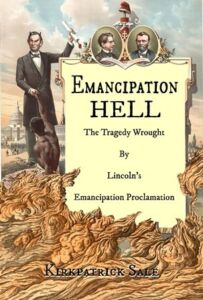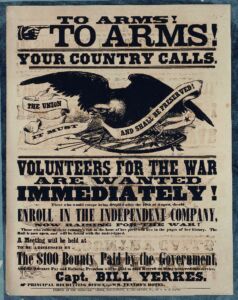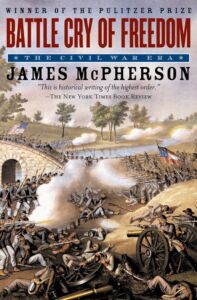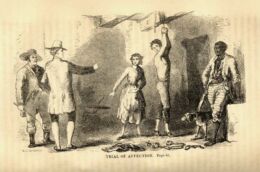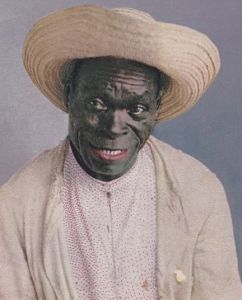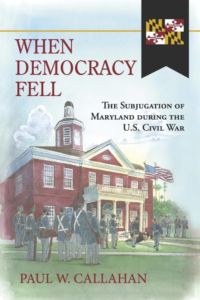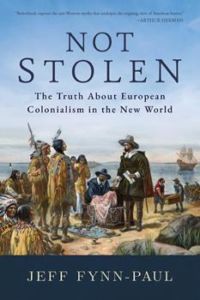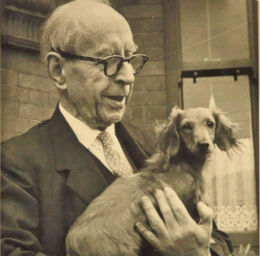
Pádraig Ó Siochfhradha, the Irish writer who most explicitly linked Ireland’s struggle for independence to ethnonationalism.
4,798 words
Micheál Martin, the Irish Tánaiste and leader of Fianna Fáil, recently uploaded a speech delivered to the Dáil on his conception of Irish nationalism. Martin wrote that:
The people who fought for and founded our state saw it as a place with multiple identities, open to the world and embodying the most important republican principle of all, to reflect the diversity of its people. (more…)


